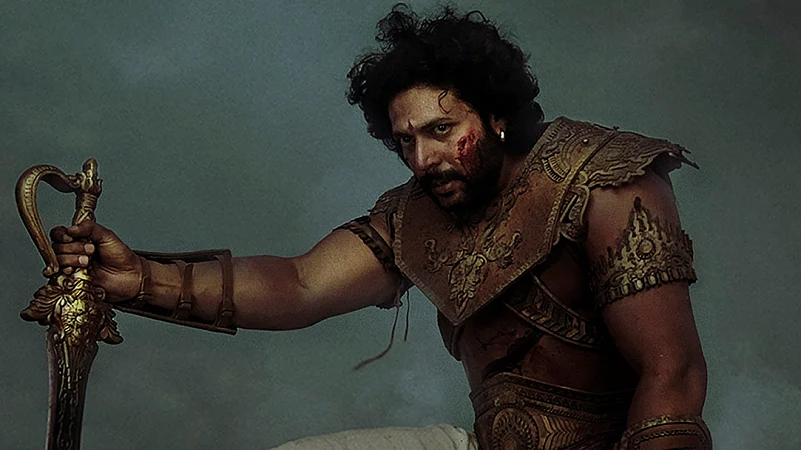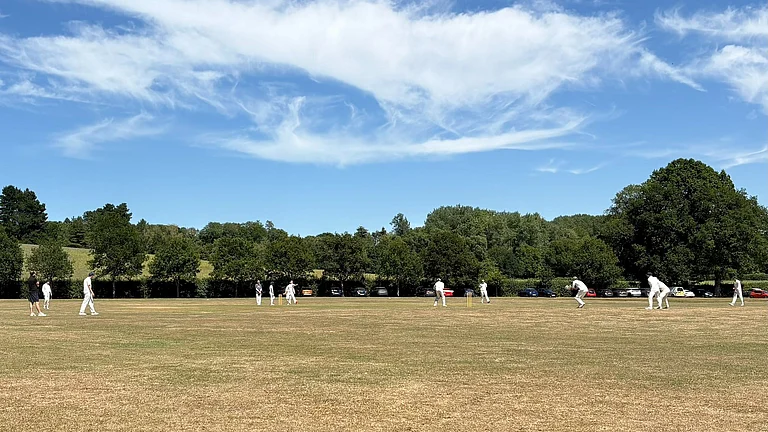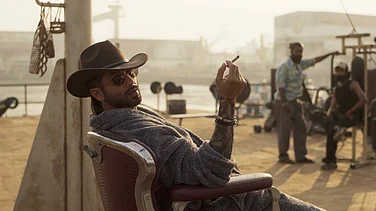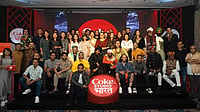The melody of Veera Veera, a song by composer A R Rahman in Mani Ratnam’s recently released film Ponniyin Selvan 2, was “lifted and sung in the same taandav style in which my father and uncle sang their Shiva Stuti”, claims Delhi-based dhrupad singer Ustad Wasifuddin Dagar. However, lawyers of Madras Talkies, director Mani Ratnam’s production house and producers of films PS1 and PS2, have denied the claim.
A letter sent on behalf of Madras Talkies denied ‘Veera Veera’ was in any way a copy of the Dagar Brothers’ composition and alleged that Wasifuddin’s copyright claim is “misconceived”. They also indicated that Wasifuddin is on a “fishing expedition” and is doing this allegedly “for monetary gains & publicity", reports Indian Express.
The production house claimed the number is a “traditional composition created by Narayana Panditacharyain in the 13th century”.
Wasifuddin has claimed that the composition, in Adaana — a late night raga, was composed by his uncle Ustad Zahiruddin Dagar, who sang it for years with Ustad Faiyazuddin Dagar, Wasifuddin’s father. The duo was better known as Junior Dagar Brothers.
According to Wasifuddin, the Shiva stuti was first recorded in 1978, when the Junior Dagar Brothers were in a live concert at the Royal Tropical Institute in Amsterdam as part of the Holland Festival. The recording was made through magnetic tape audio recording using spools in 1978 and re-released in 1996 as a set of two CDs by the Royal Tropical Institute.
The piece was eventually passed on to several students of the Dagar family, including Wasifuddin, who sings it regularly at his concerts, he has said.
Wasifuddin said the composition is almost entirely “lifted” for the film. “I wish Madras Talkies and Mr Rahman had taken the family’s permission. I would have never said no. But doing it like this, for massive commercial gains, is very problematic. The composition has just been lifted and sung in the same taandav style…. The only difference is the arrangement of the piece,” Wasifuddin, who sent a letter to Rahman claimed
According to Wasifuddin, Rahman spoke to him on the phone for less than a minute. “All he said was that his production team will be in touch,” he said.
Wasifuddin received the letter from the lawyers of Madras Talkies, stating, among others, that dhrupad originated from Swami Haridas and that “no one person can claim monopoly over a style of singing”.
When The Indian Express spoke to Rahman’s team, a senior member said that since Madras Talkies owns the song, the production house will comment on the matter. When contacted, a representative of Madras Talkies said, “no comment”.


























